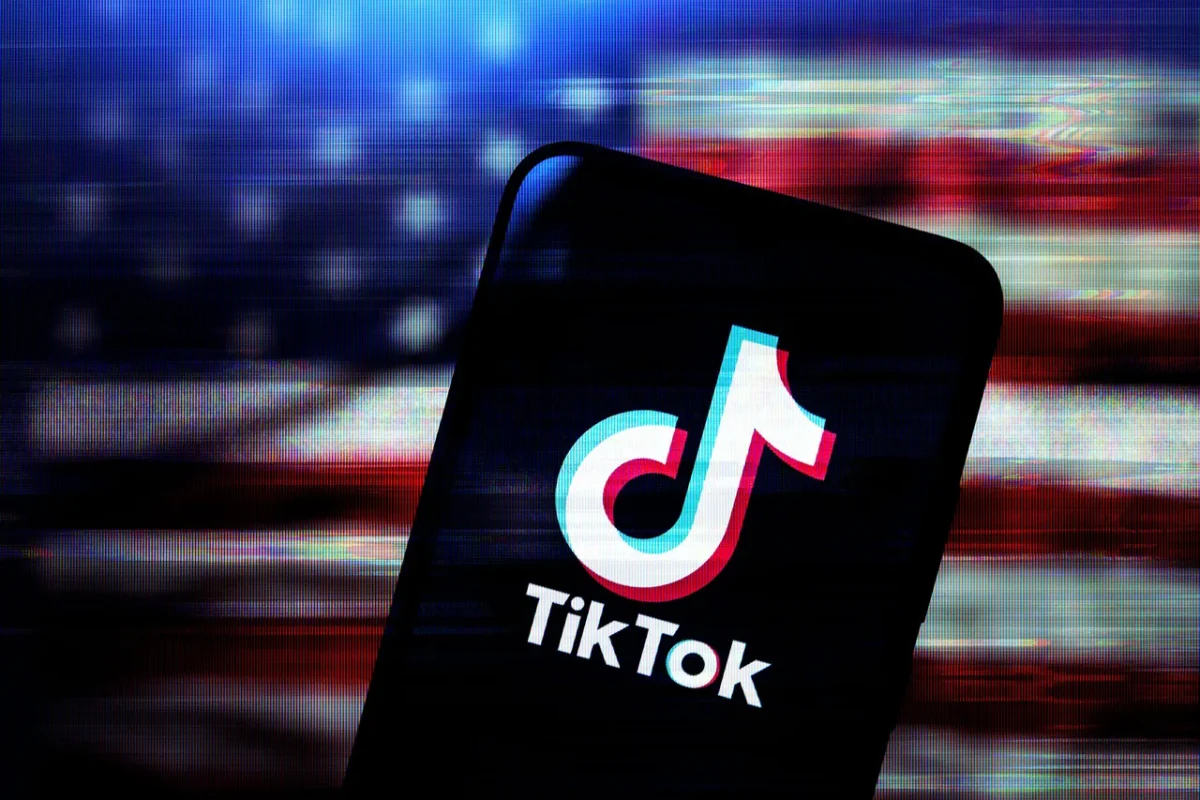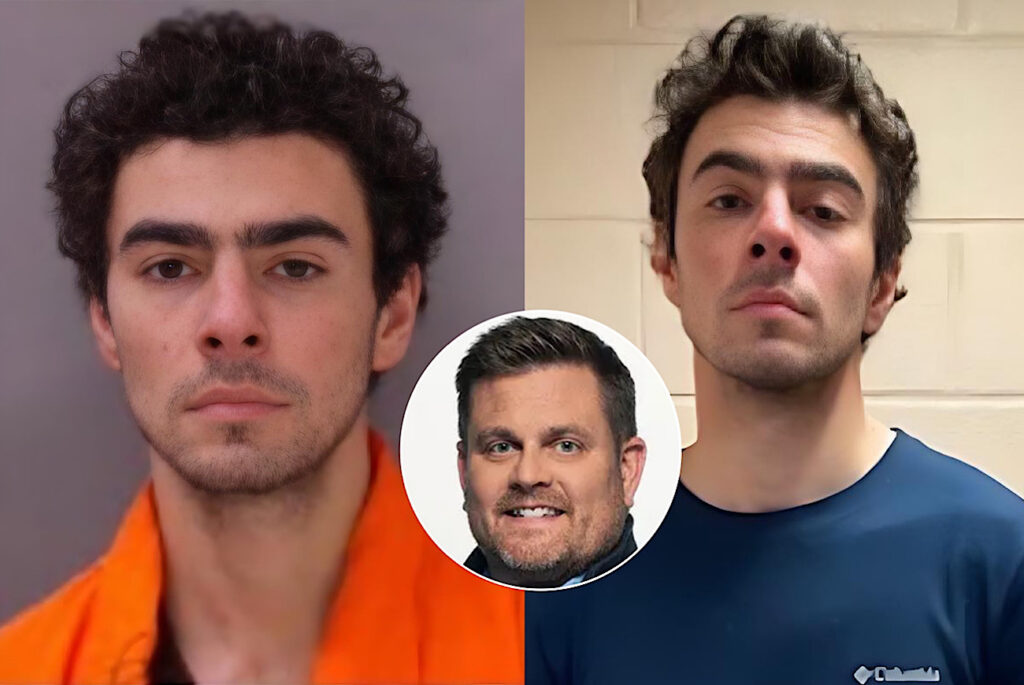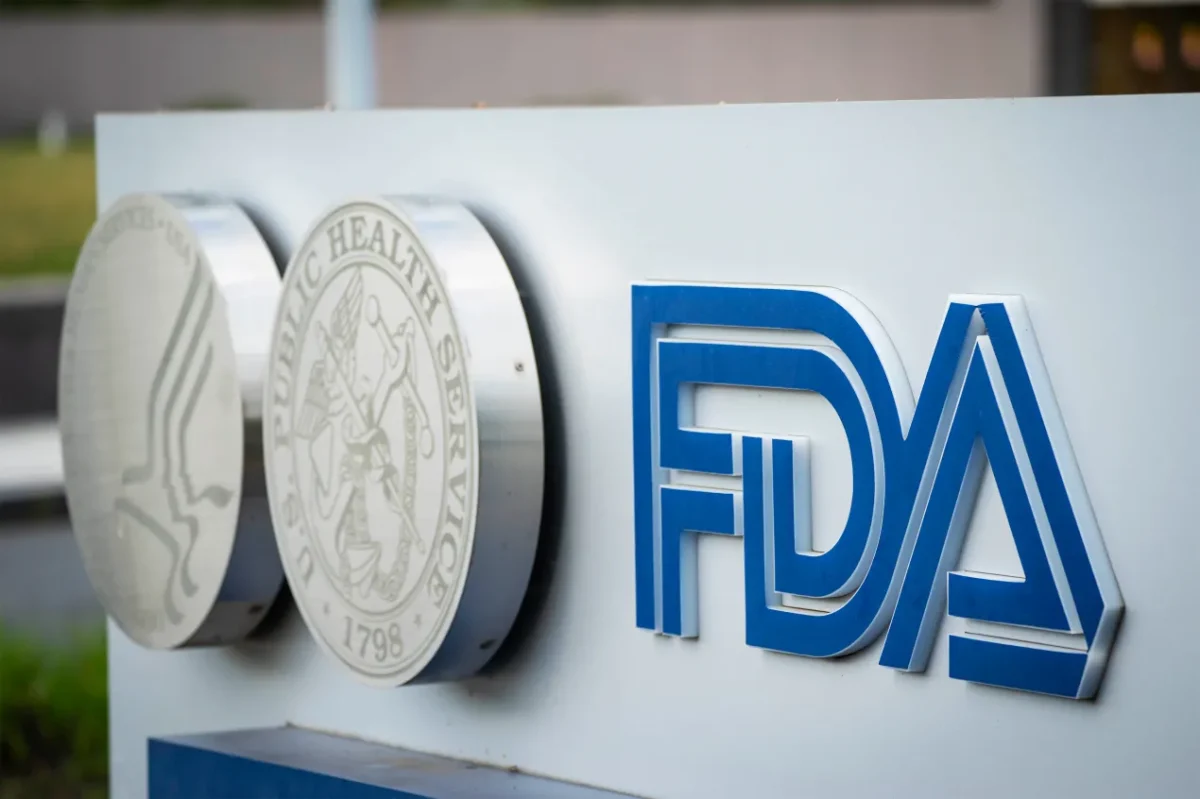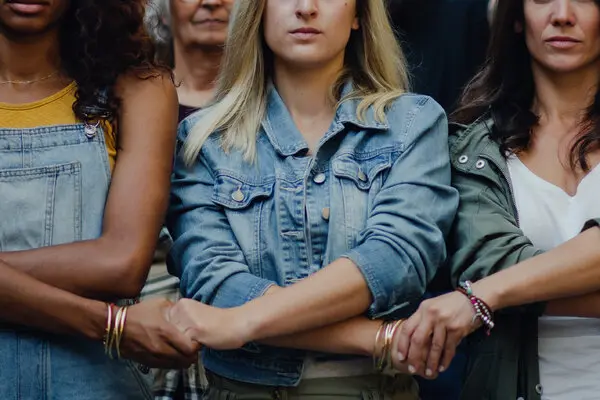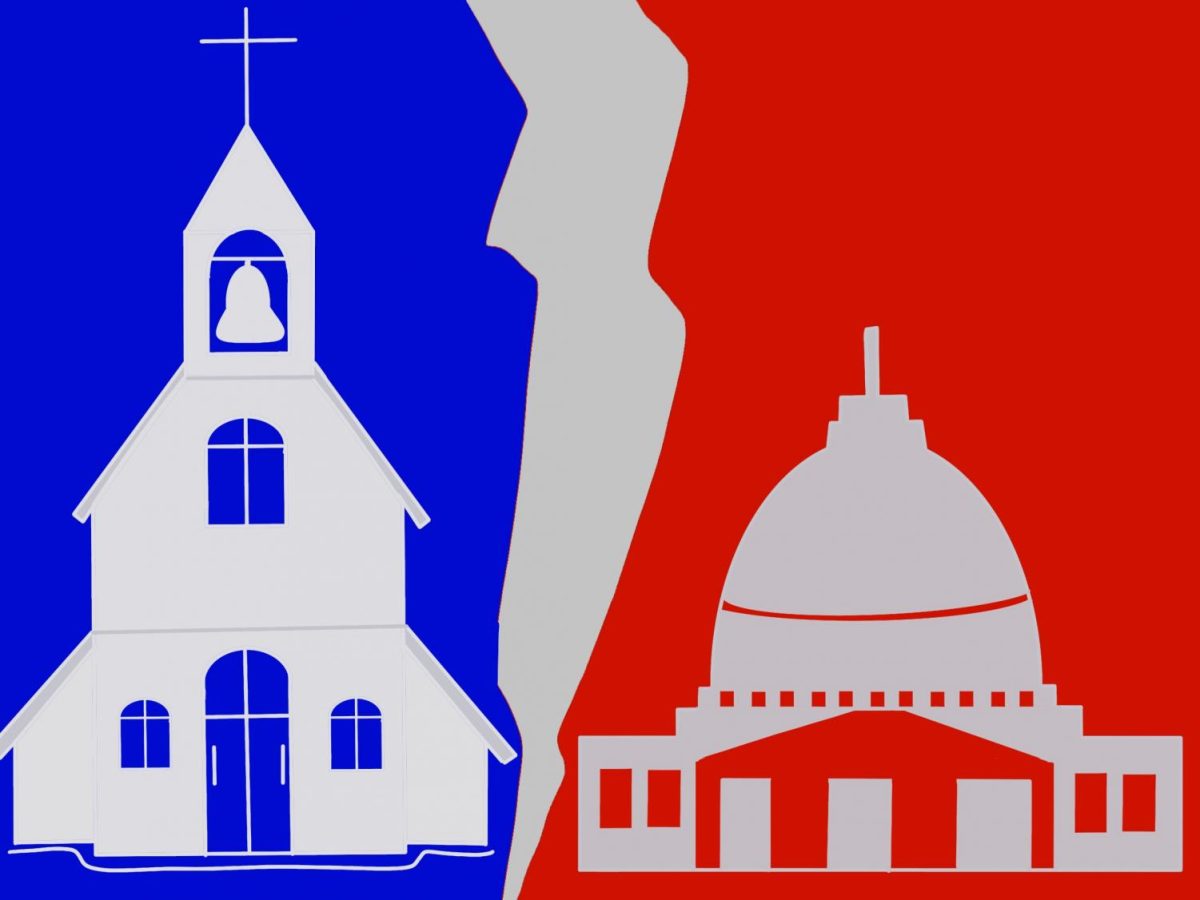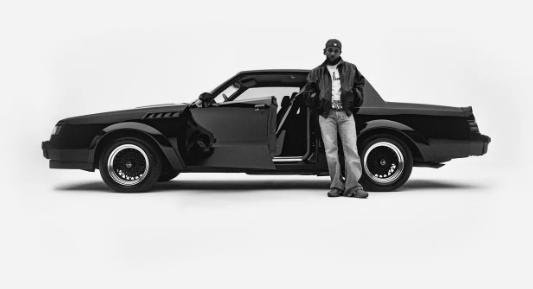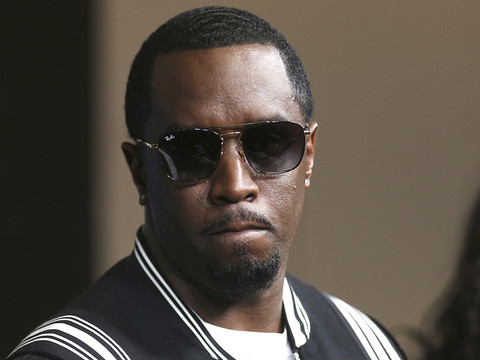The First Amendment is known all across the country: everyone has the right to freedom of speech, religion, press, assembly, and petition. But this amendment was made over 200 years ago, when circumstances were extremely different from now, causing many debates over the interpretations of the amendment to sprout.
Social media is a very recent development; it’s only been around since ~1997. However, despite its recency, it has shot to extreme popularity in a very short amount of time. Today, over 5 billion mobile devices worldwide have some sort of social media on it, with the average usage time being 143 minutes per day. When social media was first started, it was just a way for friends and strangers all over the world to stay connected, but now it has turned into its own culture. The internet, especially social media, brings about an immense number of issues regarding privacy and safety, for both the individual and the nation.
The government has tried to counteract the dangers of social media by passing a number of laws and policies. For one, the Protecting Kids on Social Media Act says that social media platforms must confirm the ages of users in order to allow the user to establish an account. Content will be restricted for those under 13, and those 13 and over who are minors will require a parent or guardian’s consent to create an account. Personal data of minors cannot be used in an algorithm’s recommendation system. However, while laws such as these are good in theory, in reality they are unattainable. Anyone who’s tried to create a social media account knows that it is extremely easy to lie about one’s true age, and for good reason. The public would never trust a company with sensitive private information just to confirm one’s age, and the government would never allow that anyways. In short, it is extremely difficult for the government to ensure both the safety and privacy of those on social media at the same time.
Free speech is protected under the First Amendment, and even without social media, it can get very complicated very fast. After all, not all speech is protected, so drawing the line between protected and unprotected speech is an arduous task. Threats, blackmail, defamation, obscene speech, incitement, fraudulent speech, and disruptive speech in certain situations are not protected. For example, in times of war and/or national crisis, certain forms of speech are not allowed, such as information that could be a “clear and present danger” to the safety of the nation.
People may complain about their voice being wrongfully suppressed on social media, and whatever happened to their First Amendment rights of freedom of speech? However, it is important to note that the 1st Amendment only applies to government censorship; social media is run by private businesses and corporations who are given rights of censorship. Companies are allowed to censor specific content based on community guidelines, and if one feels like they are unfairly being oppressed, that’s too bad. Since social media is not government-run, the government cannot directly involve itself in the censorship or non-censorship of content.
Since social media is such a complex and new topic, SCOTUS (Supreme Court of the United States) has generally tried to not involve itself too much. Even so, as social media has grown to be more influential in politics, the government has been unavoidably dragged into more and more issues. Most notably, the issue of a TikTok ban has millions of people wondering how far the powers of government can reach. TikTok was required by the federal government to either shut down or sell itself by a certain date, but TikTok disagreed and thus sued the government for breach of the First (freedom of speech & expression) and Fifth (due process) Amendments. Unfortunately for TikTok, SCOTUS unanimously ruled that the national safety concerns over China stealing American data overruled the rights of TikTok.
While we all can enjoy freedom of speech, it must be recognized that this does not apply all the way to social media platforms, where the government does not have jurisdiction over censorship and non-censorship. Users on social media cannot just express anything they want; opinions that may be discriminatory, offensive, obscene, etc. can be legally censored or taken down by the social media platform. The First Amendment is a double-edged sword: people can feel free to express themselves on social media in all sorts of manners, but likewise, the platform also has the freedom to choose what can and cannot be displayed, and therefore what material will be taken down accordingly.
Sources
The Evolution of Social Media: How Did It Begin, and Where Could It Go Next?
